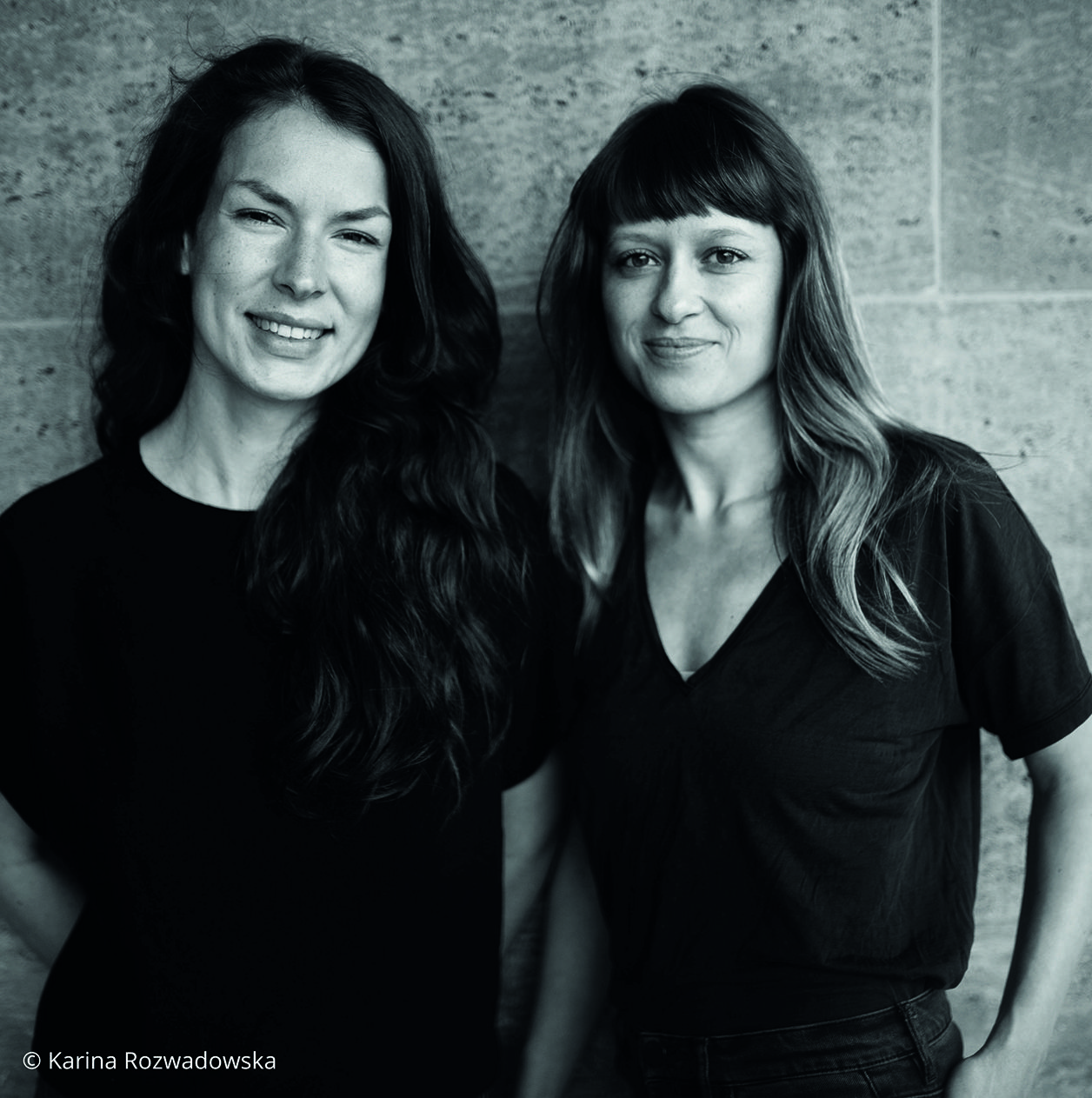Why helping refugees makes economic sense

Lea Bergmann and Beata Rozwadowska of BeginnerLuft discuss the importance of investing time and resources in displaced people
Around the world, individuals face situations which force them to have to leave their homes, and sometimes their countries. By mid-2021, the number of people that had been forcibly displaced had surpassed 84 million worldwide. Of this, 26.6 million were categorised as refugees and 4.4 million as asylum-seekers. This increase of displaced people to host countries is what is sometimes referred to as the “refugee crisis.”
Among Western European countries, Germany accepts more refugees than any other. At the height of the “refugee crisis” during the summer of 2015, previous Chancellor, Angela Merkel, said “Wir schaffen das” which translates to “we can manage it.” This was the beginning of Germany accepting an increased number of refugees. In one moment, Germany suddenly had a million more refugees.
However, we are not fans of the term “refugee crisis” as it can often be interpreted, and is certainly viewed by some, as the refugees themselves being the problem. We do not see the refugees as the crisis; the crisis comes when you have a million people that the host country is unable to suitably house or support. We both worked in a refugee shelter which was a converted cigarette factory in 2016. We worked from the beginning together to help the people finding language courses, and supported them with information on how they can enter the German labour market.
When you gain asylum in Germany and receive the documents enabling you to stay, the German “job centre” will pay for your accommodation as well as provide money for daily needs. They then offer language courses, but what is needed are additional training and coaching programmes. However, the problem can often be in finding the right programme for each individual. The “refugee crisis” has taught us a lot and we have learnt what support people need from the beginning, so we founded in BeginnerLuft in 2019. ™
Individual approach
At BeginnerLuft, we work one-on-one with an individual who is assigned a coach for three months to help them enter the labour market. Upon completion of BeginnerLuft’s coaching and mentoring sessions, each participant should possess a renewed sense of confidence to search for and secure a job befitting of their qualifications. BeginnerLuft also helps with the preparation of resumés, provides coaching for job interviews, and forges links with local companies in the interest of securing placements for BeginnerLuft participants.
Since we began, we have helped around 200 refugees, not counting the help we have provided to migrants. Most of our participants come from Syria, Afghanistan and Iran but we have also had participants from The Gambia, Brazil, Azerbaijan, Italy and Turkey. We have eight volunteers and ten coaches with expertise in different fields. We call our refugees “Beginners” and matching them with the right coach is important to achieve success. For example, if someone was a doctor in Afghanistan, we can assign them a coach with expertise in the health system. In addition to our three months coaching, we have a mentorship programme with experts from various industry sectors. One of our valued mentors is Nick Barniville, Director of the EdTech Lab at ESMT Berlin. When it comes to effective mentoring, Nick says: “Every mentorship opportunity has its own challenges and rewards. For me, the most important thing is to move quickly beyond the residency status and focus on the person. Obviously, there is an underlying story behind why the person is in the mentorship programme in the first place and why they had to flee, and this may require the empathy and patience, but overall, the focus is on helping an individual to build a career. My role is to ensure that the candidates present themselves in the best possible light and align their qualifications with opportunities.”

As most of our participants are aged between 18 and 50, they are of an age where they would be entering the job market, or have already established a career or gained useful skills in their home country – skills which they can use in their host country to great benefit. In general, people from other countries make a team more diverse. They bring other skills and other strengths. Each country and culture has something that makes them stand out, something that they can teach and share with others. Many refugees exhibit a high degree of adaptability; a skill that is important in every industry.
However, in the beginning, companies can often see hiring a refugee as a big challenge and don’t see the advantages and the potential. There is a misconception that refugees come into a host country and live off benefits instead of working. Often unable to use their credentials in other countries, refugees are in fact known for starting from the ground up, and they are good at it. If host countries allow refugees to successfully and effectively enter the labour market, it could significantly improve their economies, as the more people participating in a country’s economy, the better.
There may be initial investment required in training and language courses, for example, but once refugees are established in their host country, the initial investment pays off. Refugees able to work and participate in a country’s economy are of great benefit to the economy, much more so than refugees that are not allowed or able to work.
We are both fascinated by working with people from different cultures. They have so much potential to bring to Germany, and other European countries. Behind every person is a story, and it is important and valuable to us that we support and help people to forge new paths for a life in Germany. We have to convince companies that, although it might take a year of investing in a “beginner”, they should take the time to invest in now and think long-term for their country’s economy and society. As entrepreneurs in the social sector, we want to shape integration efficiently and independently and help people to realise their potential in Germany.

About the authors
Lea Bergmann (left) and Beata Rozwadowska are co-founders and Managing Directors of BeginnerLuft. BeginnerLuft is a social enterprise that was established in summer 2019 and supports and mentors those with refugee or migrant backgrounds and helps them gain knowledge and skills to start successful careers in the German labour market.
For further information:
www.beginnerluft.de



